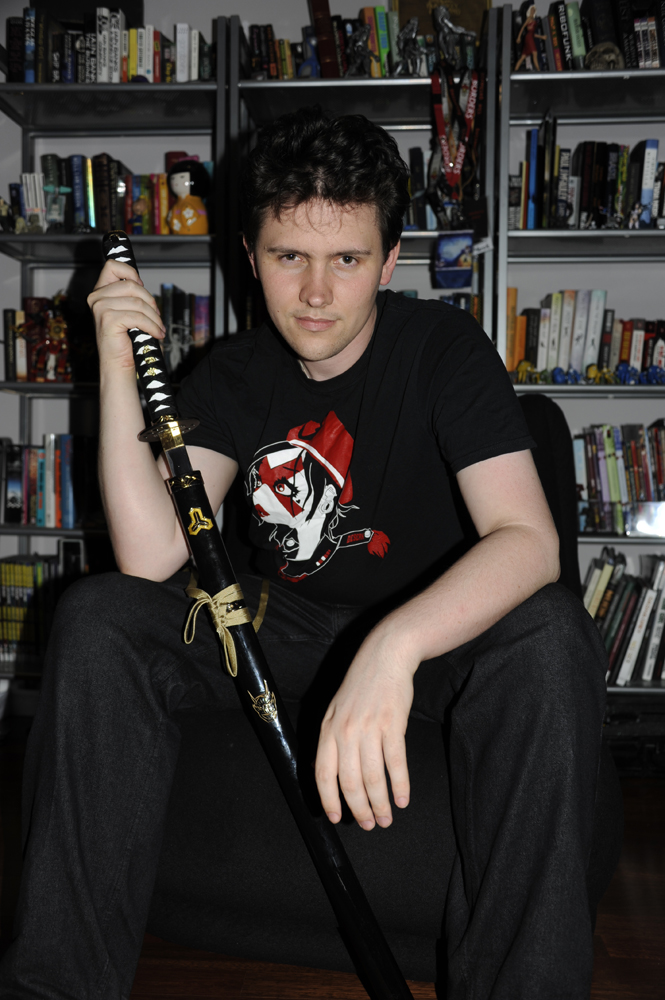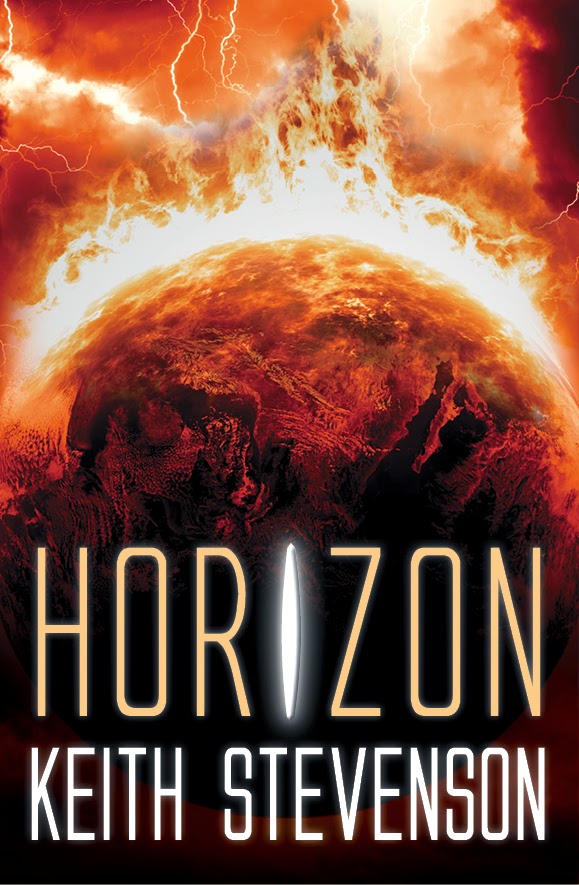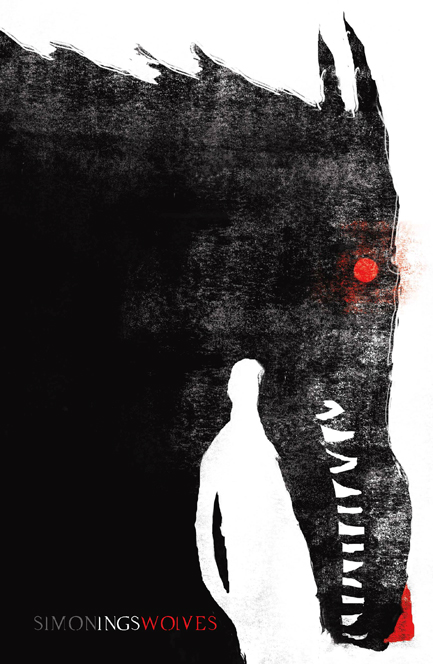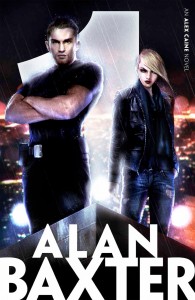
Jamie Marriage
Jamie Marriage is an Australian SF writer who lives Sydney. He has a keen interest in cyberpunk and Japan.
 Half a century from earth, six explorers sleep dreamless sleep on a journey to explore a planet that could lead to either salvation or destruction for humanity. That planet; Horizon.
Half a century from earth, six explorers sleep dreamless sleep on a journey to explore a planet that could lead to either salvation or destruction for humanity. That planet; Horizon.
Decades after the events that caused the formation of a few, all-powerful mega-nations, Cait Dyson emerges early from deep sleep aboard the star ship Magellan to find one crew member dead, another in a coma, and the shipboard artificial intelligence turned off. A fearful situation in a crew of those you know and trust; but far worse when your ship contains a half dozen people from other nations cobbled together in a feigned display of camaraderie.
In very short order, Cait is confronted by a crew that doesn’t trust her, no way to call for support, and in a ship many light years from earth and plunging towards possibly the only habitable planet within humanity’s reach. To top it all off, the events taking place back on earth are rapidly forcing her hand to make decisions she is far from comfortable with.
Horizon is a masterful novel set in the cold void of space between solar systems, where trust is as much a valued resource as air or food. The premise behind the original mission is simple enough and pretty standard for Sci-Fi; a group of explorers are sent on a deep space exploration mission to investigate a near-earth planet that could one day be suitable for habitation. This mission quickly degrades in the light of new orders and differing opinions. As each of the characters come from radically different cultures, background tensions become readily apparent, and interactions turn hostile rapidly in such a close environment. As a result, conversation is tight and abrupt, but Stevenson manages to keep the short dialogues relevant and concise; making up for lack of quantity with sharp efficiency.
Stevenson has taken to the harsh reality of space with the tools of a craftsman. The cold ruthless efficiency of space travel is accented with distinct and descriptive technology: deep-space engines, near-human artificial intelligences, and cybernetic design that is not quite viable at the moment, but feels so real in prose. Every character has his or her own flaws and agenda- evidence of a life that is no longer possible so far from everything they know and love. And the bitter reality of what is happening far behind them is a stark reminder of what humans can do.
All that said, Horizon isn’t a depressing novel. It’s cold and terrifying at times, sure, but tinged with purpose and beauty. Not quite hard Sci-Fi, but far from soft, Stevenson has written about a world like our own, in a future that could almost be, with people very close to us. True science fiction, and a true pleasure to read.




































